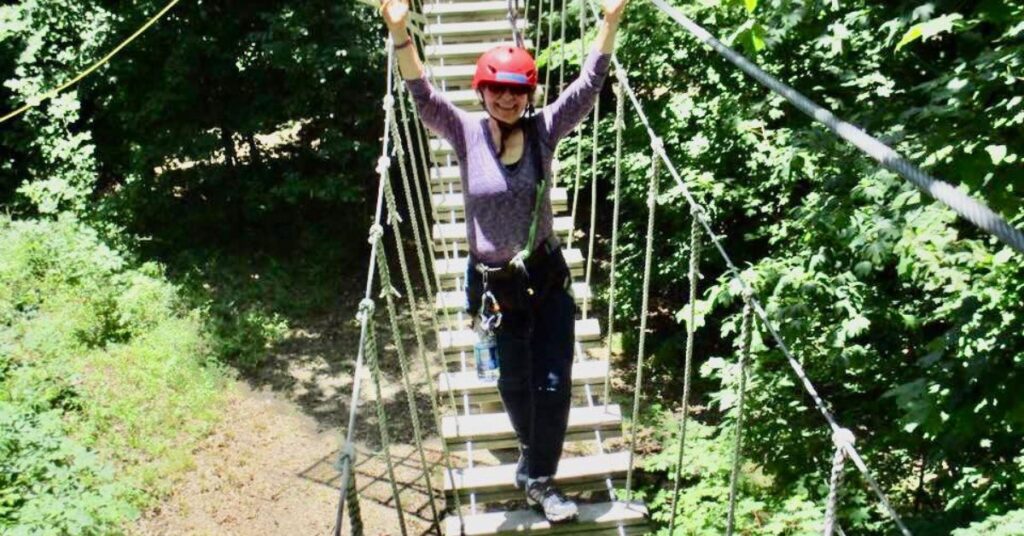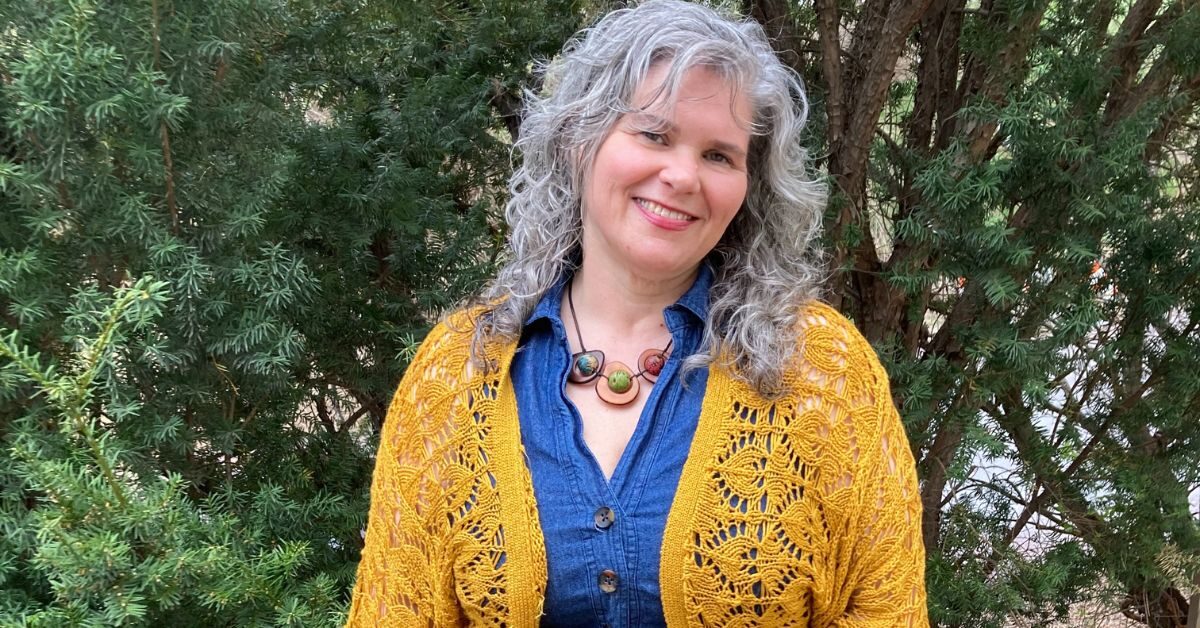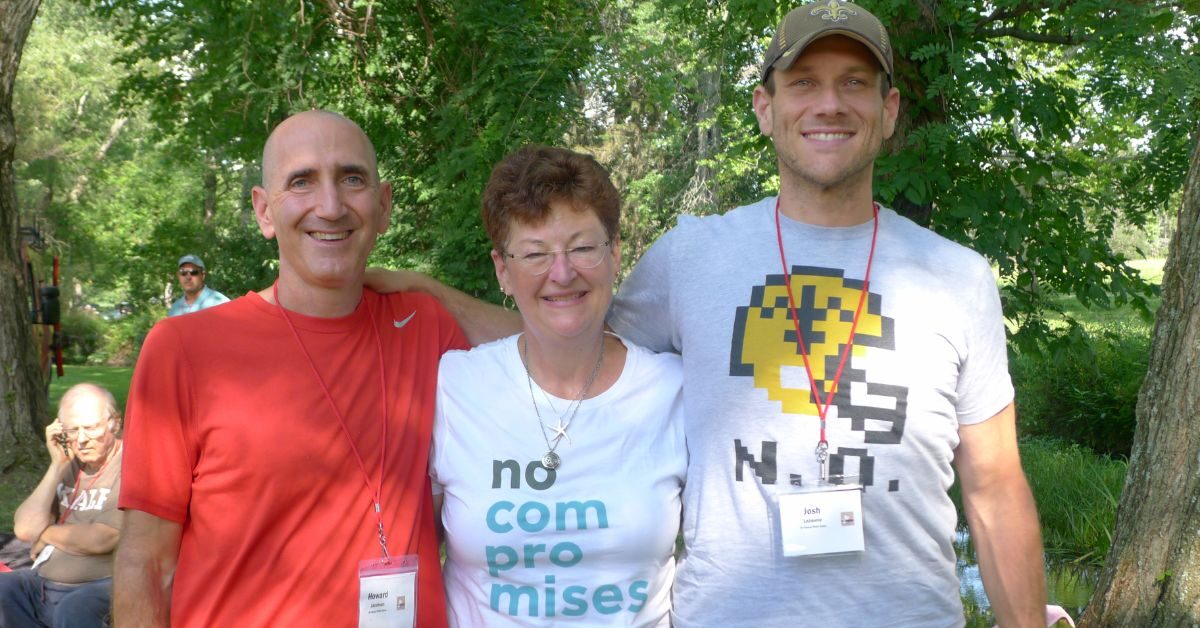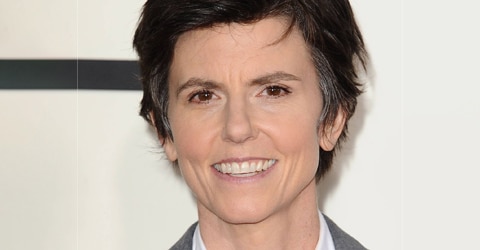
It seems my story always starts with “I was overweight my entire life,” but the truth is, perceptions of what it meant to be overweight were different in the 60s and 70s when I was growing up. Portion sizes were smaller. We were just starting to see a lot of mainstream processed foods. Most families would cook and eat at home.
As I started getting older, my mom (who was extremely weight conscious, petite, and focused on diets her whole life) was very concerned about my size and appearance. She put me on my first diet when I was in the 5th grade, and in the 6th grade, I was prescribed a thyroid medication. She and the doctor thought it would help me lose weight, even though I didn’t have a thyroid problem. This focus on my appearance became an issue for me in my teenage years. Because I lived in a small town and my mom cooked, we didn’t have fast food much back then, but I had an unhealthy relationship with food. I remember sneaking food and eating behind the bushes in the backyard. In the 8th grade, my lunch every day consisted of Cheetos and a Cherry Coke at a local pharmacy soda fountain. Looking back on photos now, I wasn’t as thin as most in my class, but I wasn’t really fat either. Nevertheless, I felt fat due to the expectations of that time and my family’s history with diets.
As I got older, I continued to gain weight. I ate out a lot because I didn’t enjoy cooking. Often, I chose drive-through fast food restaurants three times a day. I also spent many years as a workaholic, and I found myself at rock bottom after several poor life choices. Shortly after my 50th birthday, though, things started to change for me. Not necessarily my diet, but certainly my weight, and eventually more important indicators of health. Of course, I did try various diets until I got tired of them, but they were still standard American diets, or else some fad (Atkins diet, etc.). I tried Lean Cuisines or Healthy Choice processed dinners. For many years, the pattern was to lose lots of weight before regaining it.
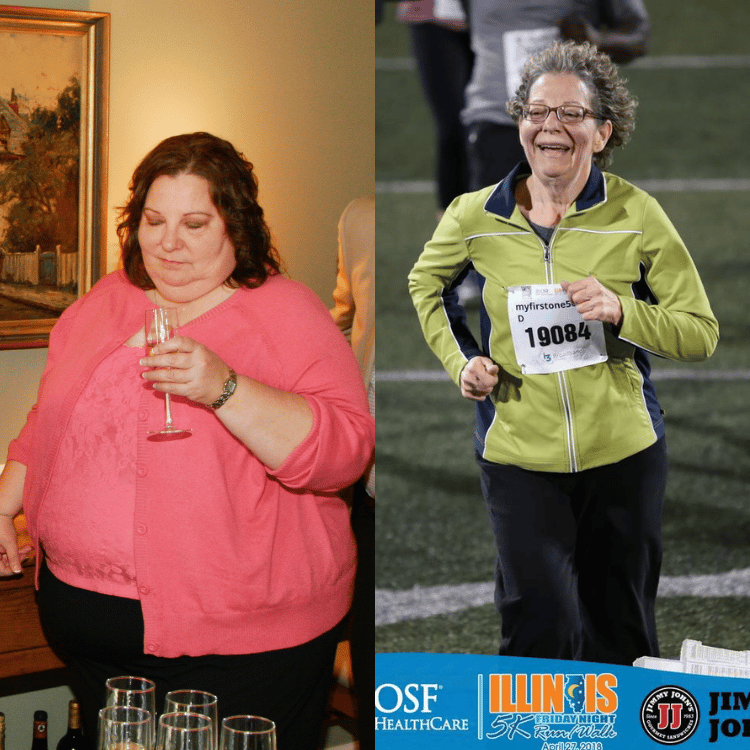
It was a really humbling experience when a flight attendant told me I was going to have to buy an extra ticket because I couldn’t fit in the airline seat, and so embarrassing when I had to ask for a seatbelt extension. I was mortified when one of my car seat supports broke and the seat fell through the floorboard of the car due to my weight, and a steel plate had to be welded to repair the vehicle. People stared at me a lot, particularly children. Yet, even when I was faced with the embarrassment of breaking a chair at a family gathering and landing on the grass, I was rarely sick and hadn’t ever been in the hospital or on any routine prescription medicine.
Of course, that soon changed. I’d had psoriasis for years but didn’t think it was a health issue, so sleep apnea was the first big one to be diagnosed. A few months after that, when I was the heaviest of my life—371 pounds—I was diagnosed with type 2 diabetes and high cholesterol. I had several skin issues by now as well as anxiety and plantar fasciitis. My focus immediately changed to my health. I started taking three types of medicine; I followed my doctor’s orders and went to the diabetes education classes in a quest to reverse my diabetes. The nutritionist recommended a no sugar, low carb, and high protein diet, and I did lose some weight, but I was stuck taking the medicine. The doctor said I was “doing great” every 6 months for my check-ups, and that I should keep taking the medicine, but I didn’t want to be sick anymore—I didn’t want to keep taking the medicine. I didn’t want diabetes, period. He said I would always have diabetes.
When my weight started fluctuating, I felt that my quest to reverse my diabetes was futile based on what my doctor was saying, and I eventually went back to a standard American diet. I was frustrated. My mother had been diagnosed with Alzheimer’s some years before, and her health was now declining. At this point, I stopped and assessed my life. It struck me that my grandfather had suffered from Alzheimer’s, my aunt was presently suffering from advanced Alzheimer’s, and my grandmother had also died with Alzheimer’s. I wondered, what does this mean for me? I was scared, so I sat down at the computer and typed into the Google search bar: “How can I Prevent Alzheimer’s?”
This simple inquiry led me on a six-month search—one article led me to a doctor, which led me to another, and on and on. I found multiple medical and scientific studies, documentaries, books, and articles. All of these led me to the conclusion that a plant-based diet was my best defense! The documentary Forks Over Knives was the catalyst for a huge change: on Christmas day 2012, I literally took all the food out of my house and bought all new food to start my plant-based journey. This Christmas present to myself remains the best Christmas present EVER! I fine-tuned my diet after a year to incorporate only whole plant foods in the form of whole grains, beans and legumes, fruits, vegetables, and some seeds. No more oil, sugar, or anything I felt my body would treat like oil or sugar; no food additives or even nuts.
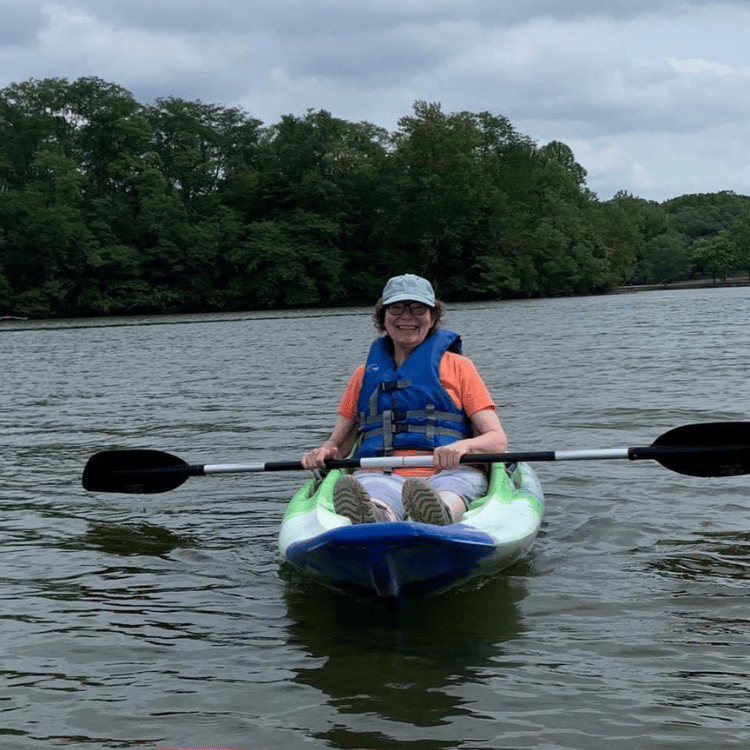
Even though the weight that I’d struggled with all my life wasn’t the primary reason why I found and committed to this lifestyle, the weight did come off as a side effect. I lost a total of 236 pounds. Best of all, within months of going plant-based, I was off all medications. At 55 years old, it was wonderful to be on no meds; now I’m 64, and still no meds! I know that even though there may be a genetic disposition to Alzheimer’s, my diet is the biggest contributor to my health.
I feel no restriction. I have more energy now than I’ve had since I was in my early 20s. I have not been on any prescription medication since 2013, and I even got rid of conditions I didn’t realize were diet related. These days, I love having a lap. I love being active. I have so much more life in my life, and I walk through the world as a better person.
My advice for anyone considering this change is to not be afraid to swim against the current. Know that what we were taught growing up can be relearned. There is nothing more important than your health, and you are worthy of optimal health. Do not worry about what you are “giving up” by making the change. You will gain so much more than you can even imagine. Hands down, it was the best decision of my life. It’s absolutely like magic.
You Might Also Like
Copyright 2026 Center for Nutrition Studies. All rights reserved.
Deepen Your Knowledge With Our
Plant-Based Nutrition
Certificate
Plant-Based Nutrition Certificate
- 23,000+ students
- 100% online, learn at your own pace
- No prerequisites
- Continuing education credits
